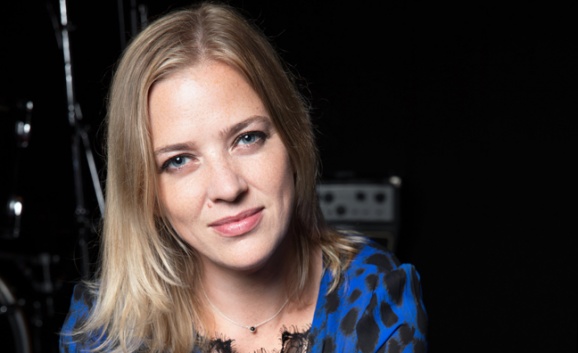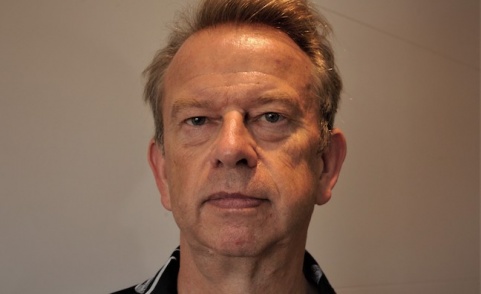opinion
Digital Discourse: Sammy Andrews looks at key AI products for music
Another month, another slew of AI updates and products hitting the market. GPT-4o is startling the world with new developments like AI conversations, Apple has launched a host of new AI tools, whilst the AI music generator start-up Suno has ...













